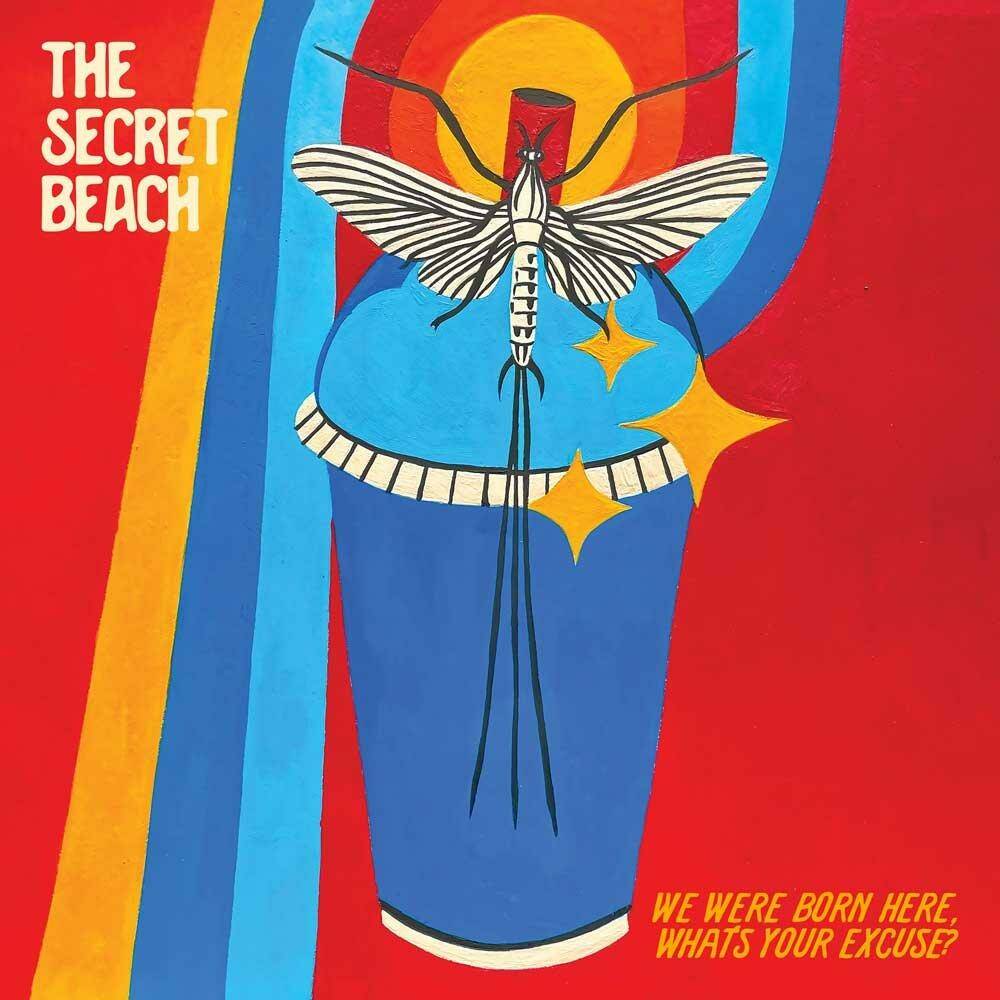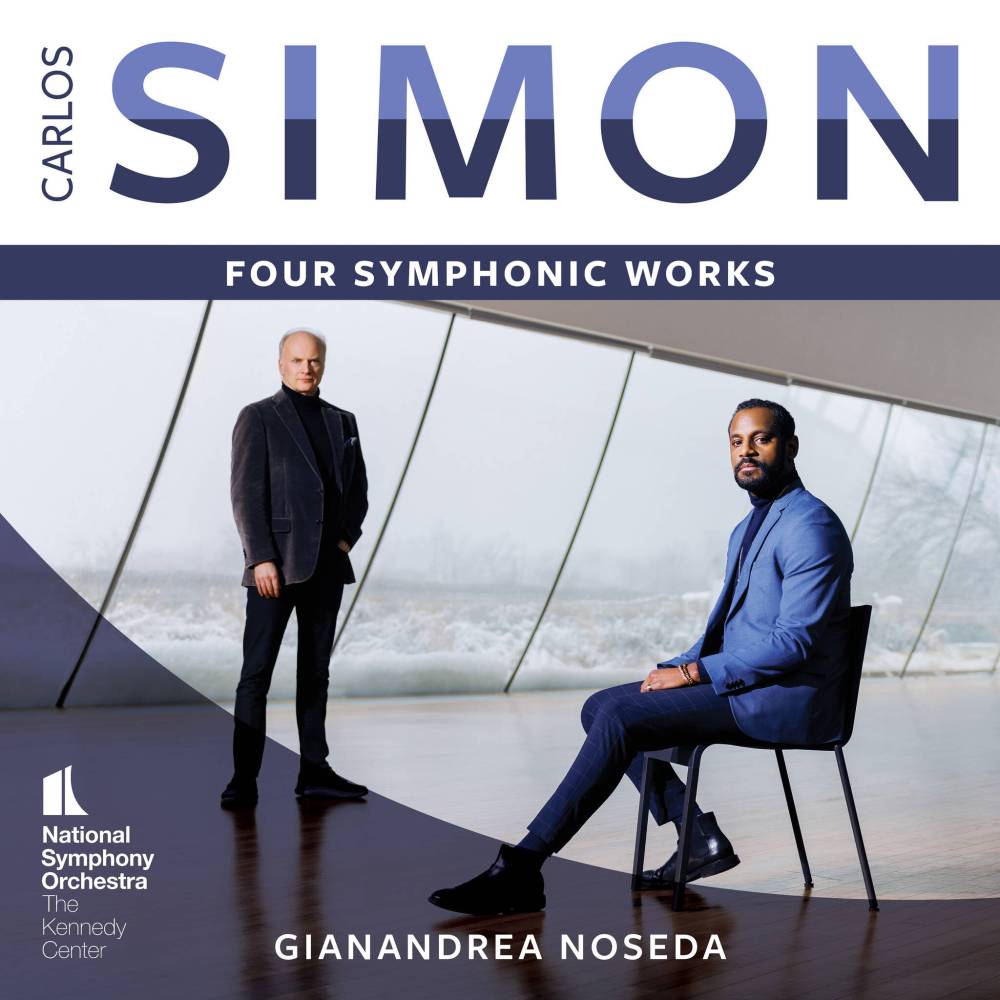Album reviews
Advertisement
Read this article for free:
or
Already have an account? Log in here »
To continue reading, please subscribe:
Monthly Digital Subscription
$1 per week for 24 weeks*
- Enjoy unlimited reading on winnipegfreepress.com
- Read the E-Edition, our digital replica newspaper
- Access News Break, our award-winning app
- Play interactive puzzles
*Billed as $4.00 plus GST every four weeks. After 24 weeks, price increases to the regular rate of $19.00 plus GST every four weeks. Offer available to new and qualified returning subscribers only. Cancel any time.
Monthly Digital Subscription
$4.75/week*
- Enjoy unlimited reading on winnipegfreepress.com
- Read the E-Edition, our digital replica newspaper
- Access News Break, our award-winning app
- Play interactive puzzles
*Billed as $19 plus GST every four weeks. Cancel any time.
To continue reading, please subscribe:
Add Free Press access to your Brandon Sun subscription for only an additional
$1 for the first 4 weeks*
*Your next subscription payment will increase by $1.00 and you will be charged $16.99 plus GST for four weeks. After four weeks, your payment will increase to $23.99 plus GST every four weeks.
Read unlimited articles for free today:
or
Already have an account? Log in here »
Hey there, time traveller!
This article was published 06/09/2024 (415 days ago), so information in it may no longer be current.
ROCK
Molchat Doma
Belaya Polosa (Sacred Bones)
Belarusian post-punk band Molchat Doma was a world away from Minsk when they finished writing their fourth album Belaya Polosa. The view from Los Angeles may have been sunnier, but the brooding trio maintained the dark reflections of challenging times in their homeland for the release.
The album continues their clear reverence for the goth stylings of dark wave music from decades past. It also pays homage and reinvents the genre ever so slightly while offering up a pleasing, if bleak, landscape. They sound like everything a 20-year-old in 1987 with an asymmetric haircut and an aging VW Scirocco would listen to. All parts synth-pop, dark wave and a whisper of goth blended together into a dramatic tornado of minor chord progressions.
The band came to wider consciousness on TikTok, where their “Russian doomer” sound, as it has been labelled, became a kind of meme, reinstating an interest in all things goth.
Molchat Doma leads off with Ty Zhe Ne Znaesh Kto Ya, which translated means You Don’t Know Who I Am. A steady percussion gives way to aggressive synthesizer stabs. Industrial tracks make up the bulk of the album, and Son offers a nice departure from the form. It is textured with deft reverb guitar work; Mazzy Star-esque with busier percussion.
The title track, Belaya Polosa, is adjacent to any slow song from the Cure. The track has so many layers, and is so wonderfully delivered, it feels elevated.
Casual listeners be warned. All the vocals are in Russian, but somehow this feels accessible and transcendent of the language barrier that exists for non-speakers.
Three and a half stars out of five
Stream: Son; Ty Zhe Ne Znaesh Kto Ya,
— Ron Harris, The Associated Press
ROCK
The Secret Beach
We were born here, what’s your excuse? (Victory Pool)
Despite its title — a joke used in Season 6 of The Simpsons — Micah Erenberg’s second album as the Secret Beach isn’t as much about Winnipeg as it is about what it’s like to come of age in this Prairie burg. Gathering a collection of familiar players, including Liam (Boy Golden) Duncan and Fontine, drummer Daniel Diamond and pedal steel guitarist Clayton Linthicum (of Kacy & Clayton), Erenberg has created a beautifully rendered collection of folk-tinged, rock and pop songs which pair the ennui and frustration of adulthood with the hope, ambition and passion of youth.
Fascinated by the live, analog sound of Planet Waves, the 1974 album by Bob Dylan & the Band, Erenberg, an accomplished engineer and producer in his own right, travelled to the Connecticut home of Rob Fraboni, the engineer who worked on that record (Google him, he’s a legend) to consult on songs and sounds. Buoyed by the experience, Erenberg returned home confident he was on the right path to put the finishing touches on We were born here…
The result is an eclectic mix of wry observations, ranging from the dreamy, Byrds-ish power pop of L.A. Haircut to the country-folk-ish, petty crime escapade of Blame Manny to quasi-psychedelic Sucked Into It, which flays modern digital culture.
Buying You a Garnet Amp is a gently rocking, tongue-in-cheek (or not) romp about a musichead who would rather buy his sweetheart an iconic Winnipeg guitar amplifier than take her to Mexico.
Erenberg’s voice is more ethereal than authoritative, but when 22 evolves from an acoustic-based paean to the angst of young love into a bittersweet ode to Winnipeg, the line, “It’s what our parents chose, I guess we’ll stay another day,” is a surefire assertion that yes, it is possible to go home again.
Four stars stars out of five
Stream: Buying You a Garnet Amp: 22: L.A. Haircut
— John Kendle
JAZZ
D.D. Jackson
Poetry Project (Independent)
After releasing 13 wonderful albums up to 2007 before becoming disillusioned with major labels, D.D. Jackson left Canada for New York. There he established a career composing and arranging for various television shows, winning a number of Emmys in the process. He also performed off and on with the band the Roots and has been an educator at several institutions.
Many have been waiting for Jackson’s full return to jazz, and this project delivers wonderfully. During COVID, Canada’s former poet laureate George Eliot Clarke began a process to commission composers to write songs based on the poetry of a series of Canadian poets. From the curated poems sent to Jackson, he chose the one from each poet he believed would best lend itself to song. On various tracks they include eight vocalists, saxophonists Kelly Jefferson and Jane Bunnett, as well as a string quartet and the Czech Philharmonic.
This is an ambitious, complex and stunning album with an amazing attention to detail. The compositions are varied and fitting for the chosen poems. The album requires several listens, as the full meaning of the words grows each time through.
Jackson’s playing is a fabulous with melodic beauty and his familiar chord clusters driving the narrative. His singing on the poem by Giovanna Riccio, Daedalus’ Lament, is outstanding. The opening track, Mavety Street is a beautiful entree, leading to swinging and often dissonant tracks, including the wild scat-laden Daylight Shooting in Little Italy. From the intensity of The Father’s Dream to the funky blues of 2641 Fuller Terrace, there is an almost overwhelming depth of meaning and focus. Poetry and jazz in perfect harmony.
It has been hinted that this project is in a way a progress report on the totality of Jackson’s career to date. Whatever the case, a heartfelt welcome back D.D.
Five stars out of five
Stream: So, I Say; Daedalus’ Lament
CLASSICAL
Gianandrea Noseda and the National Symphony Orchestra
Carlos Simon: Four Symphonic Works (National Symphony Orchestra)
This release features an eagerly anticipated collection of four symphonic works by the John F. Kennedy Center for the Performing Arts’s Composer-in-Residence, Carlos Simon, with each piece initially offered as single recordings throughout the season.
First up is The Block (2018) inspired by late visual artist Romare Bearden that draws on the combustive energy of American life in urban cities as well as the rural American south. The short piece bristles with taut energy throughout, with Gianandrea Noseda leading the NSO with crisp precision.
Tales—A Folklore Symphony (2021) further explores African-American culture with its four movements titled Motherboxx Connection; Flying Africans; Go Down Moses (Let My People Go); and John Henry offering further testament of Simon’s richly textured orchestration. The final piece inspired by the narrative ballad of John Henry is a particular highlight, as it depicts the battle between man and machine, including bold brass and striking percussion effects.
Songs of Separation (2023) in turn is based on poetry by Sufi mystic Rumi and composed for mezzo-soprano J’Nai Bridges, resonating with the pain of separation and loss as during the global pandemic. Each of the orchestral song cycle’s four movements captures the ethos of moving through strife towards discovery and hope, with Burning Hell particularly chilling as Bridges’s voice plumbs its lowest depths.
Last but not least, his Wake Up! (2023) concerto for orchestra is inspired by Nepali poet Rajendra Bhandari’s Awake, Asleep, with the composer incorporating a two-note rhythmic motif throughout urging listeners to strive for greater consciousness. The 20-minute, one-movement work ranges from explosive outbursts to more contemplative climes before its final rush towards the finish line and a triumphant, life-affirming close.
Four stars out of five
Stream: The Block; Songs of Separation, The Garden; Wake Up!
— Holly Harris





